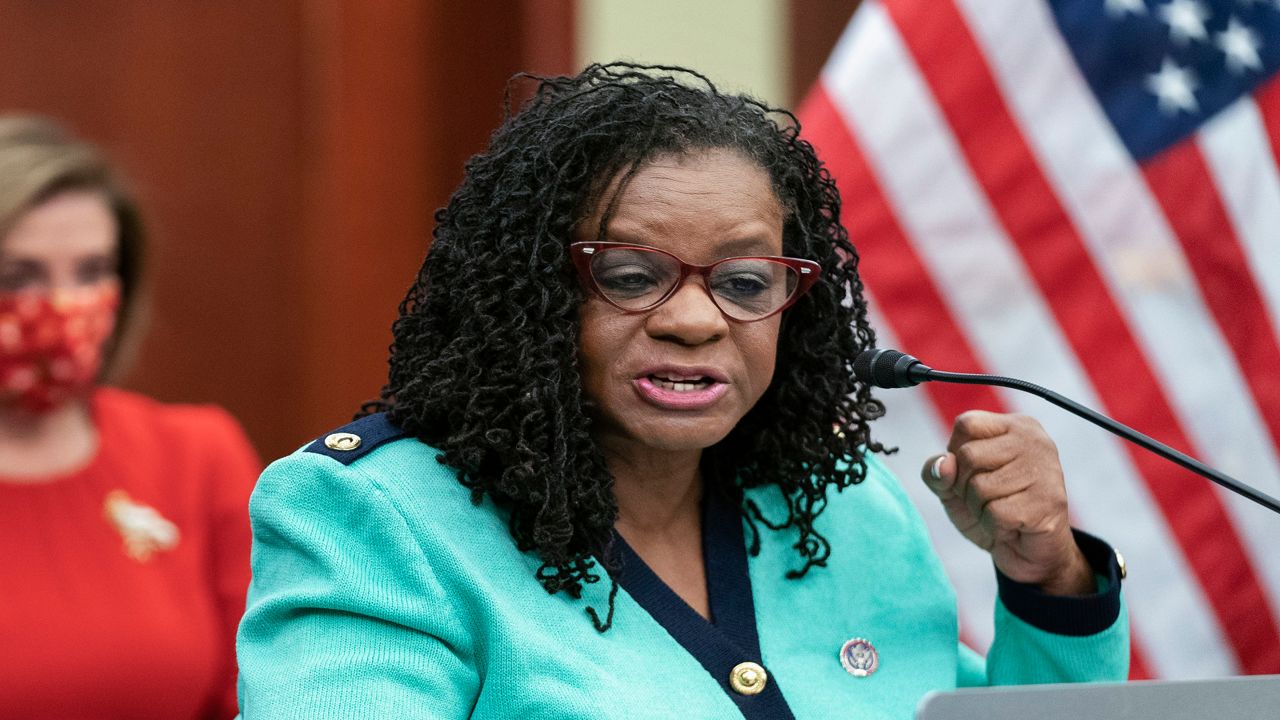MILWAUKEE — Wisconsin women continue to be underrepresented in public office, according to a recent report by Alverno College.
Women make up 50% of the state’s population, according to the U.S. Census Bureau. Yet, the Wisconsin Women’s Council cited only about 25% of all Wisconsin elected officials are women, despite Wisconsin women being eligible to hold public office for a century.
Women of color face an even larger gap, with just 8% accounting for state legislature status.
Part of the reason these disparities exist has to do with the barriers women face to becoming an elected official, per the report.
The report found that many women in the study wouldn’t consider running for office unless they were asked.
“I was considering it [running for office], but I think just having someone who I know I could ask all the questions and get the ropes as I was getting started, that really made a huge difference,” one woman said in the study.
Current elected officials held the most influence over women considering a run.
Women respondents also said they didn’t consider running due to feeling unqualified or feeling like they weren’t ready for the role. However, even with those feelings, about 18% opted to run, anyway.
Sexism and gender expectations play a role, too. One third of respondents said they had gender bias concerns or experiences, including microaggressions and outright sexism from a handful of leaders who didn’t perceive them as fellow leaders.
“I think that strong female leaders can be seen as, I guess the ‘B word’ comes to mind with some of these guys, because I think that they don’t want to give up their power,” another woman said regarding gender bias. “I think that at some level a lot of what’s going on in politics is about power and not community-focused.”
About 45% of respondents said their leadership capabilities have been questioned. Close to 50% said they faced more scrutiny than men.
Many said they felt their personal safety was at risk by running for office.
“I always thought, well, are people going to egg my house or... calling on me on the phone all the time, or am I going to get nasty letters?” one respondent said.
Despite this, personal values — such as honesty and service — were one of the many reasons that women in public office persist.
Women respondents said cultivating pathways to leadership is key to encouraging more women to run for office. The report stated having a formal network can be one way to do this. These networks often give women training and mentorship that boosts their confidence.
“Being with people that can support you and understand you at a deeper level helps a lot,” one respondent said.
But support isn’t needed exclusively during the campaign. It’s also important to have ongoing support.
The report concluded with several formal recommendations to create a larger pipeline for women in politics. That included encouraging political ambition early in life and sustaining it, increasing understanding of opportunities, confronting sexism and improving inclusivity through networking and relationship-building.
The full report, “Women in Public Life in Wisconsin—Elected Officials,” celebrated the 50th anniversary of the Research Center for Women and Girls at Alverno College. It also built on the original report from 1971.
“What I hope the current report makes clear is that we cannot take democracy for granted; democracy is foundational to the well-being of all communities, and women’s voices are vital to that well-being,” said Lindsey Harness, director of the Alverno College Research Center for Women and Girls.
